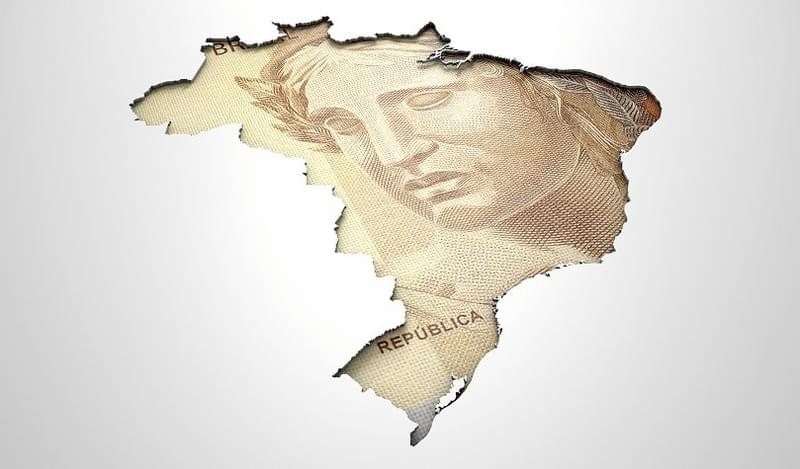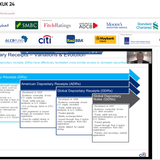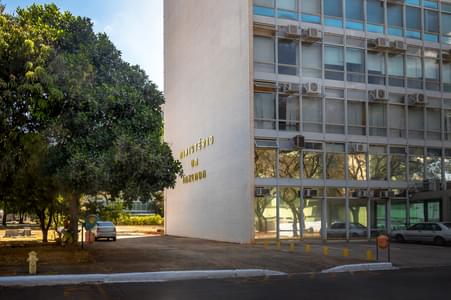The signs now suggest Temer’s political support is exhausted. And in the absence of governability or force to guide the reforms, the productive sector no longer supports the president.
Although another political transition is in sight, this time there are no reasons for changes in economic policy. On the contrary; it is on the right path. The signs are many: the confidence of business executives and consumers is gradually recovering, inflation is falling and the Central Bank is lowering the interest rate.
The political tumult will surely reduce the pace of economic recovery, consequentially weighing on asset prices (stocks, interest rates, exchange rate), with financial contagion affecting the productive sector and confidence. The credit market can also be affected. However, there’s no way to measure the extent of the contagion in the face of so many uncertainties.
A sense of urgency is needed to keep the period of volatility and uncertainties short, not only regarding the economy, but also in politics. A slow process of accommodation of politics will make the situation more susceptible to accidents and reaction in the streets. The political class knows this.
This is easy to say, but hard to do. In the absence of leaders able to produce convergence of the political forces, helping to overcome the current polarization, it will be hard to stitch together a political accord to permit a secure political transition.
A consensus will have to be built, with the engagement of the judiciary. It will be necessary to find an alternative source of power able to minimally conciliate politics and pass the test of the streets.
Until some idea of the new political equilibrium is in sight, the legislative agenda will make little progress. Worse still, the current picture is feeding a populist bias in Congress, hindering initiatives that are unpopular though essential, like the reform of the pension system.
Backbone
Delays will occur and the pension reform might be watered down. But it would be overly hasty to say nothing will be achieved this year. The economic debate in Brazil has advanced significantly. Unlike in the past, today there is a more widespread understanding among the political class and the productive sector that social security reform is the backbone of the fiscal adjustment. Without it, the public accounts will face collapse and inflation will take off. This was the scenario increasingly envisioned under Dilma’s administration.
From this standpoint, the possible new president would have to be someone committed to continuity of the reforms, and with political strength, because the pension reform has a deadline for approval due to the electoral calendar. The longer the delay, the greater the risk of nothing emerging.
This scenario of political commitment to the pension reform, which can gain momentum, but not without hiccups, implies a volatile exchange rate, but without a weakening trend. This will help contain the inflationary pass-through of the depreciation of the exchange rate and allow the Central Bank to continue its strategy of easing the Selic rate.
If the social security reform were guaranteed, the monetary instrument’s countercyclical role would be preserved. In this case, it would be possible for the economy to recover gradually. Without the reform, the exchange rate will weaken and the Central Bank will not be able to continue cutting the interest rate.
The moment calls for responsibility. Failing to construct the benign scenario depicted above would be a historical error. Brazil is not Venezuela. The sooner this becomes clear, the greater the chance of this premise not expiring.









